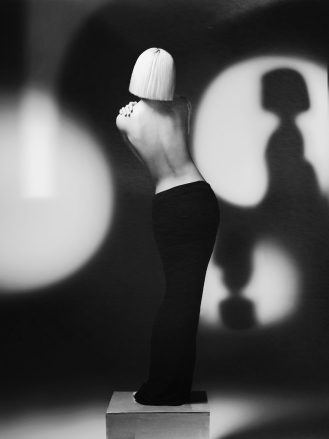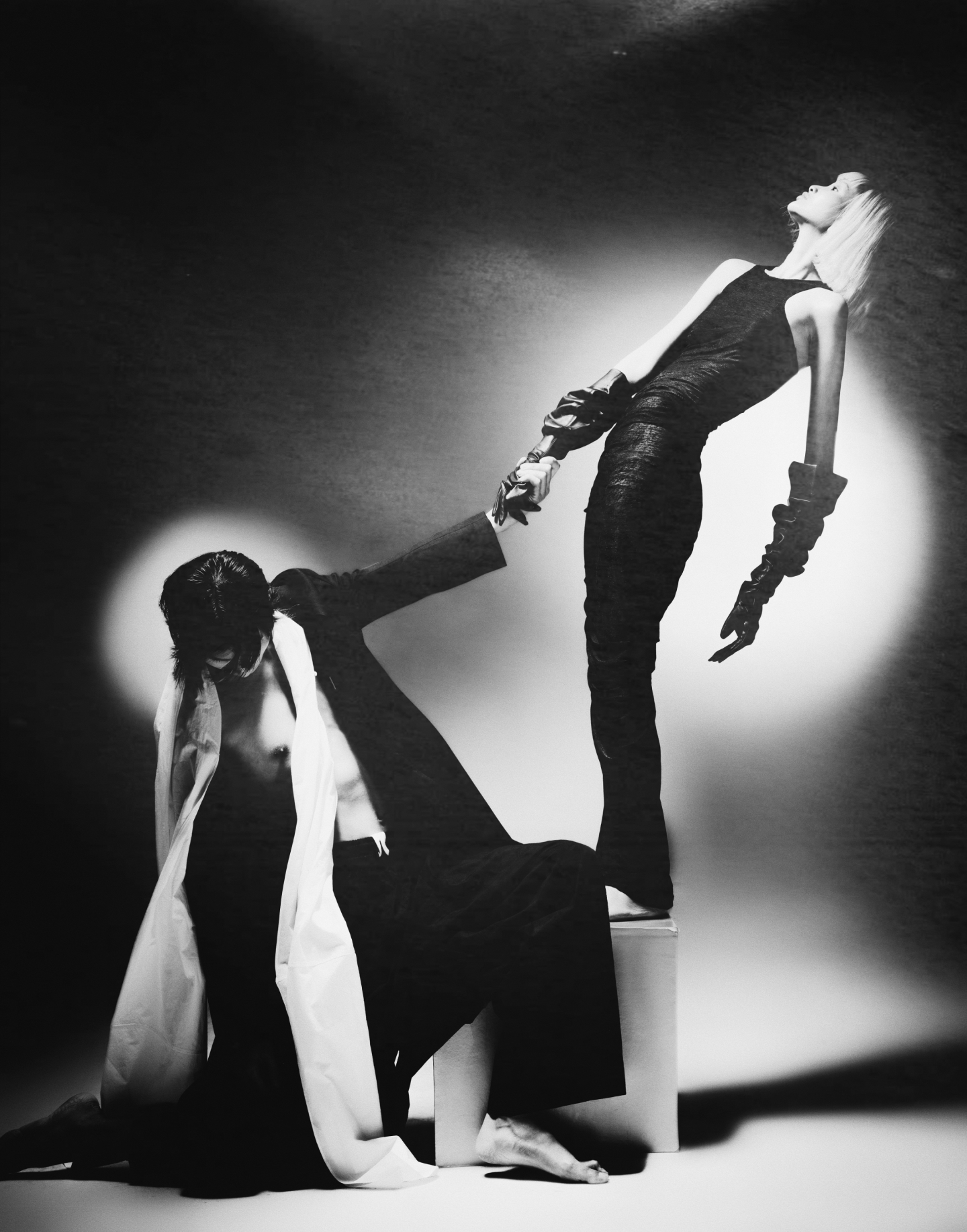Perfect Marble Ancient Greek beauty standards are rooted in mathematical principles, evaluating beauty through symmetry, proportion, and size.
When we think of beauty, what comes to mind? For one, beauty might be an aesthetic state which satisfies the eye, and for another, beauty could be a feeling, or even an experience. With that in mind, we recognise that the soul of the beautiful is found in both the material, and in the intangible. Today, as Western culture continues to be the primal narrator for all things in modern culture and mass media, it could be pertinent to pay attention to it’s teacher: ancient Greece. The Greeks associated rationality with beauty, requiring logical justifications. This did not only mean that you would have to logically and factually justify beauty, but also made us question towards the product of what is (morally) “good”.
As we envelop ourselves in garments that evoke the spirit of revered Greek statues, explore our thoughtfully curated items. Envision the plush embrace of our “Mohair sweater”, the delicate allure of the ethereal “Mesh gloves top,” and the captivating elegance of the “Draped tank backless dress” from Subtle Le Nguyen.
For a dash of opulence, immerse yourself in the resplendent “Red gown” by Fanci. Allow these fabrics, like marble, embrace their unique textures and imperfections, for therein lies their charm. Embrace the eloquence of imperfection and allow the gentle drapery to unveil the true essence of your beauty.
This concept is vividly depicted in Greek sculptures, such as Myron's Discobolus and Alexandros of Antioch's Venus de Milo , renowned for their idealized human forms, with perfect mathematical balance and proportions.
When we think of beauty, what comes to mind? For one, beauty might be an aesthetic state which satisfies the eye, and for another, beauty could be a feeling, or even an experience. With that in mind, we recognise that the soul of the beautiful is found in both the material, and in the intangible. Today, as Western culture continues to be the primal narrator for all things in modern culture and mass media, it could be pertinent to pay attention to it’s teacher: ancient Greece. The Greeks associated rationality with beauty, requiring logical justifications. This did not only mean that you would have to logically and factually justify beauty, but also made us question towards the product of what is (morally) “good”.
These sculptures are beautiful, however, how relative is their beauty to the idealistic notions they express? Imagine a realm where nature's beauty lies in its contradictions, where imperfections create perfection. Such a land features unique textures, cosmic personalities, and boundless expressions, like a tapestry of diverse elements. These sculptures are beautiful, however, how relative is their beauty to the idealistic notions they express? Imagine a realm where nature's beauty lies in its contradictions, where imperfections create perfection. Such a land features unique textures, cosmic personalities, and boundless expressions, like a tapestry of diverse elements.



.jpg)


